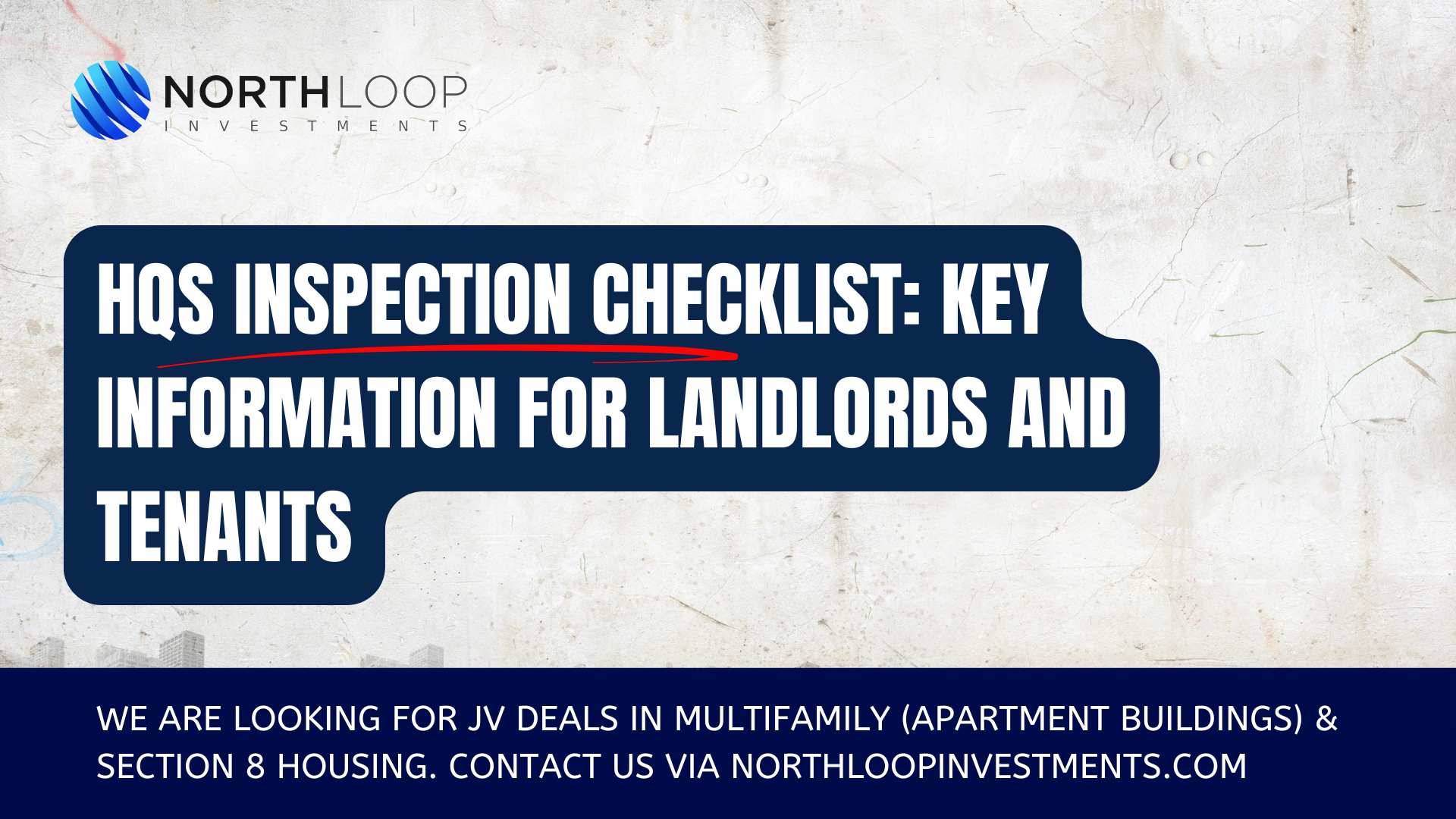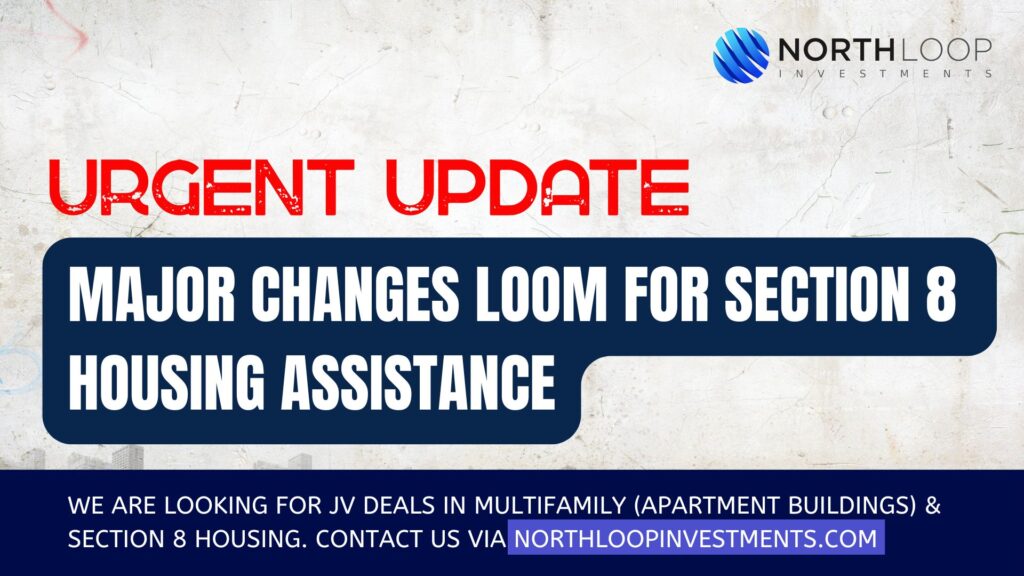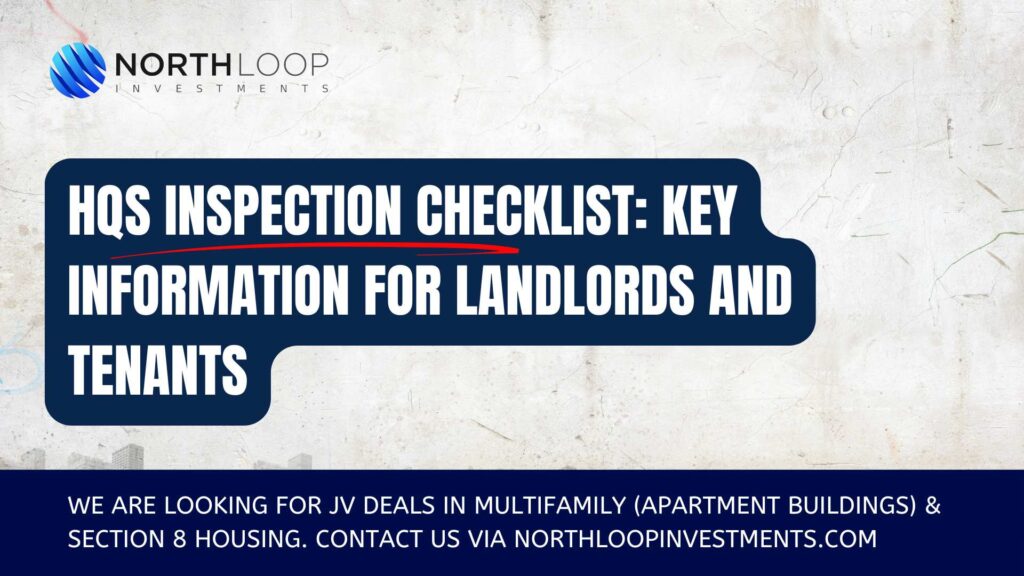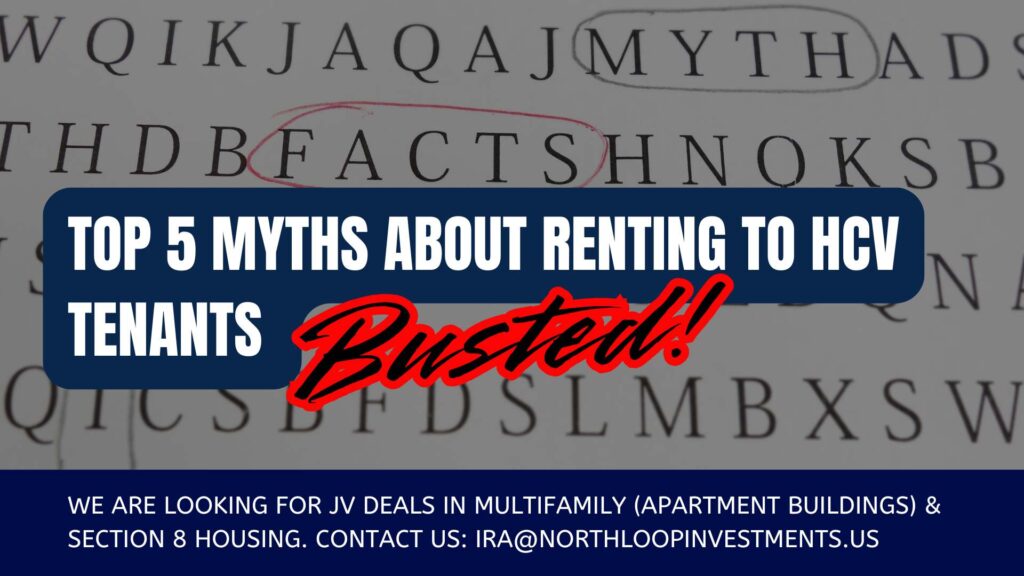This newsletter provides essential information regarding the initial Housing Quality Standards (HQS) inspection, a crucial step in the Housing Choice Voucher (HCV) program. Understanding this process will help both landlords and tenants navigate it smoothly.
Initiating the Process:
The journey begins when a family using an HCV finds a unit they wish to rent and agrees on lease terms with the landlord. Following this agreement, the landlord and tenant complete a Request for Tenancy Approval (RFTA) and submit it to the Public Housing Agency (PHA).
PHA Responsibilities Upon RFTA Submission:
Once the RFTA is received, the PHA has specific responsibilities. First, the PHA must determine if the unit meets rent reasonableness standards for the area. This ensures the proposed rent is comparable to similar units and not higher than what unassisted tenants pay on the same property. Additionally, the PHA will schedule the initial HQS inspection. PHAs with fewer than 1,250 budgeted HCV units must notify the family and owner of the inspection date within 15 calendar days of receiving the RFTA, unless the unit is unavailable for inspection, which suspends this timeframe. Larger PHAs must provide this notice within a reasonable time.
The Initial HQS Inspection:
The PHA conducts the initial HQS inspection to ensure the dwelling meets Housing Quality Standards. Landlords may find it helpful to review HUD’s Frequently Asked Questions about HQS and contact their local PHA for information on common non-life-threatening (NLT) and life-threatening deficiencies.
Outcomes of the Initial Inspection:
The inspection will result in one of two outcomes:
- Unit Passes Inspection: If the unit meets HQS, the process can move forward to the landlord entering into a Housing Assistance Payments (HAP) contract with the PHA and beginning to receive HAPs. The HAP contract outlines the monthly assistance payment the PHA makes to the owner for rent, and potentially an additional payment to the family if the total assistance exceeds the rent. Before executing the HAP contract, the PHA must ensure several program requirements are met, including unit eligibility, HQS compliance, inclusion of a tenancy addendum in the lease, rent reasonableness, and adherence to maximum family share regulations for first-time HCV recipients under certain rent conditions. The PHA must also ensure the owner is not debarred or suspended by HUD and that there are no prohibited familial relationships between the owner and the family, unless it provides reasonable accommodation for a person with disabilities. Other reasons for non-approval are also defined in federal regulations.
- Unit Fails Inspection: If the unit does not meet HQS, the PHA will notify the landlord of the deficiencies. The notification will also inform the family of any non-life-threatening (NLT) deficiencies and give them the option to accept the unit despite these issues.
Addressing Deficiencies:
The process for addressing deficiencies depends on their nature:
- Life-Threatening Deficiencies: If life-threatening deficiencies are identified, the flowchart indicates a “NO” path, but the subsequent steps are not explicitly detailed in this excerpt. However, it is implied that these would need immediate attention.
- Non-Life-Threatening (NLT) Deficiencies:
Key Takeaways:
- The initial HQS inspection is a mandatory step to ensure the unit meets safety and quality standards.
- Landlords have a responsibility to address any deficiencies identified during the inspection.
- Tenants are informed of NLT deficiencies and have a role in deciding whether to proceed with the tenancy.
- The PHA plays a crucial role in verifying rent reasonableness, conducting the inspection, notifying parties of outcomes, and ultimately executing the HAP contract upon successful completion of all requirements.
- Understanding the PHA’s specific policies regarding repair timelines and alternative methods for demonstrating corrections is essential for landlords.
Disclaimer: This article provides general information and should not be considered legal or professional advice. Please refer to the official HCV Program Guidebook and relevant regulations for the most up-to-date and accurate information.
If you are a Section-8 property owner with HAP contract and looking to sell, we are always interested in exploring how we can work together for a seamless disposition/exit of your properties. Please contact us via below link:
About NorthLoop Investments: Our Principals at North Loop Investments have owned and operated HAP properties in Midwest and Southeast. Our properties include disability and family projects. We are approved to own and operate HUD housing with prior 2530 clearance. Upon your request, we would be happy to provide any additional information about our company or go to our website at: https://northloopinvestments.com/








